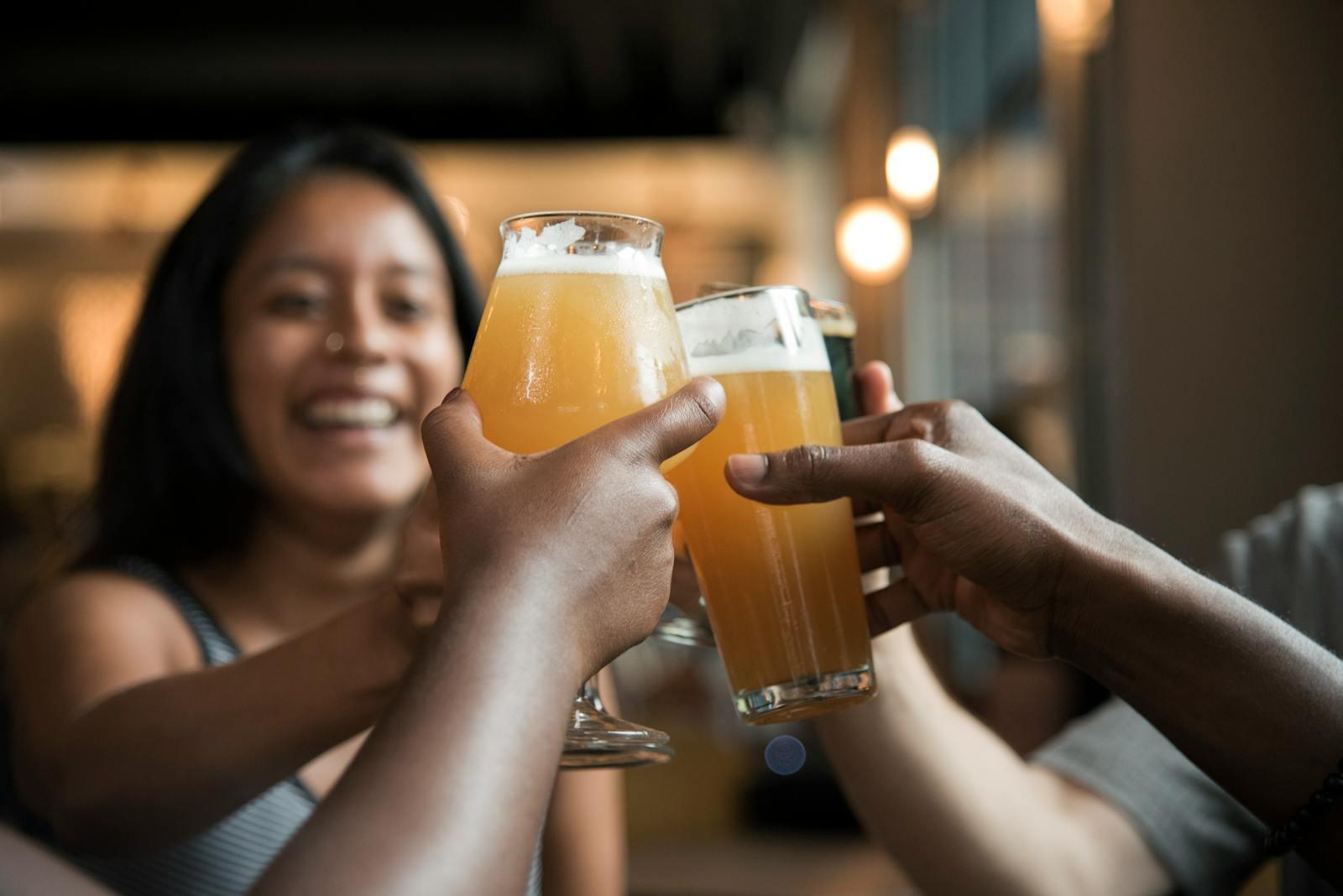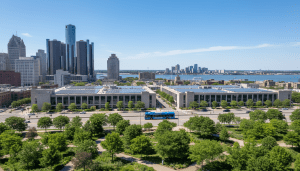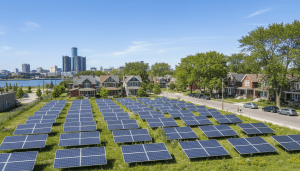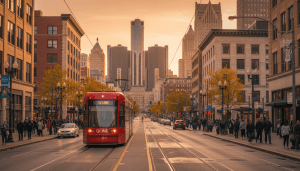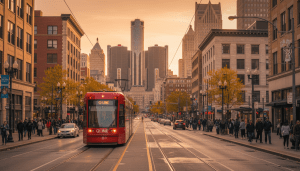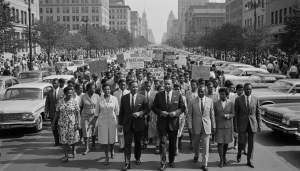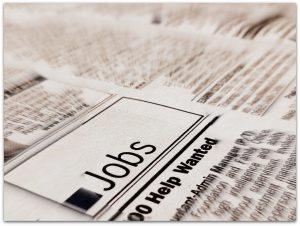Detroit happy hour economy 2025 is more than just cheap cocktails and half-price wings—it’s a business engine. As bars, breweries, and lounges compete for customers, they’re building startups, creating jobs, and shaping Detroit’s nightlife economy. From Corktown taprooms to Midtown cocktail lounges, happy hour is fueling entrepreneurship as much as it fuels fun.
Why Happy Hour Matters in Detroit
In a city where affordability shapes every decision, happy hour has become a major draw for both locals and tourists. Detroiters work hard, and many look for value in their entertainment choices. For entrepreneurs, that demand means opportunity.
Happy hour isn’t only about luring customers in with discounts—it’s a strategic tool. Bars use it to test new menu items, build weekday traffic, and convert casual visitors into loyal regulars. Startups in food and beverage are discovering that a strong happy hour strategy can make the difference between barely surviving and thriving.
Breweries Leading the Charge
Detroit’s craft beer scene exploded in the last decade, and in 2025 it continues to thrive. Breweries like those in Eastern Market and Midtown are more than hangouts—they’re hubs of job creation. Each brewery employs bartenders, cooks, servers, brewers, marketers, and event staff.
Happy hour specials draw in the after-work crowd, generating steady revenue and expanding brand loyalty. Many breweries also partner with food trucks and pop-up vendors, creating spillover opportunities for other entrepreneurs. The Detroit happy hour economy 2025 is deeply collaborative, with businesses feeding off each other’s energy.
Cocktail Lounges & the Startup Vibe
Beyond breweries, Detroit’s cocktail lounges and bars are thriving on innovation. Mixologists aren’t just bartenders—they’re entrepreneurs who build brands around craft drinks. Many now bottle their own mixers or sell cocktail kits online, turning bar menus into e-commerce startups.
Happy hour acts as a marketing launchpad. New cocktail recipes debut in discount slots, then migrate to full-price menus once proven. In this way, happy hour doubles as an R&D lab for beverage startups across the city.
Jobs Fueled by Drinks & Deals
The Detroit happy hour economy 2025 is creating a wide spectrum of jobs:
Hospitality roles: Bartenders, servers, cooks, and security staff.
Marketing jobs: Social media managers and promoters help bars stand out in a competitive scene.
Creative gigs: DJs, musicians, and event hosts often find steady work through happy hour partnerships.
Startup opportunities: Many small entrepreneurs (photographers, caterers, even clothing brands) use happy hour events as platforms to sell or showcase their work.
Together, these roles sustain hundreds of Detroiters, especially younger workers and creatives looking for flexible income streams.
Neighborhood Hot Spots Driving Growth
Corktown: Trendy bars attract professionals from downtown offices, fueling a mix of startup energy and nightlife.
Midtown: Wayne State students and hospital staff pack lounges, keeping happy hour thriving on weekdays.
Eastern Market: Breweries and taprooms link food and drink startups, often tied to weekend events and festivals.
Southwest Detroit: Culturally rich restaurants use happy hour to introduce unique flavors to new audiences.
Each neighborhood shows how the Detroit happy hour economy 2025 shapes not only nightlife but local business ecosystems.
The Tech Edge: Happy Hour Meets Apps
Entrepreneurs are also going digital. Apps dedicated to mapping Detroit happy hour deals have surged in downloads, giving small bars visibility without big ad budgets. These platforms use geolocation to push real-time offers, creating digital traffic for venues.
For startups, this digital layer means new monetization—bars pay to be featured, while customers benefit from lower costs. Tech and hospitality are merging in Detroit in ways that make happy hour more than a discount—it’s a data-driven business model.
Challenges Behind the Bar
Of course, there are challenges:
Thin profit margins: Discounting cuts into revenue if not carefully managed.
Staffing shortages: The hospitality sector continues to struggle with turnover.
Competition: With so many players in the happy hour space, standing out requires constant innovation.
Still, entrepreneurs who manage costs, focus on branding, and create unique customer experiences are thriving.
Why the Detroit Happy Hour Economy 2025 Is Bigger Than Drinks
Happy hour isn’t only about lowering the price of beer—it’s about building community. Detroiters gather after work to network, celebrate, and connect. For startups and small businesses, that’s an invaluable platform. Many collaborations—from joint ventures between food trucks and breweries to creative partnerships between DJs and cocktail lounges—start over happy hour conversations.
Detroit happy hour economy 2025 demonstrates the city’s ability to reinvent even simple traditions. What used to be a marketing tactic is now a business model, a job engine, and a cultural staple.
Detroit is proving once again that hustle finds opportunity everywhere—even in half-price drinks.
